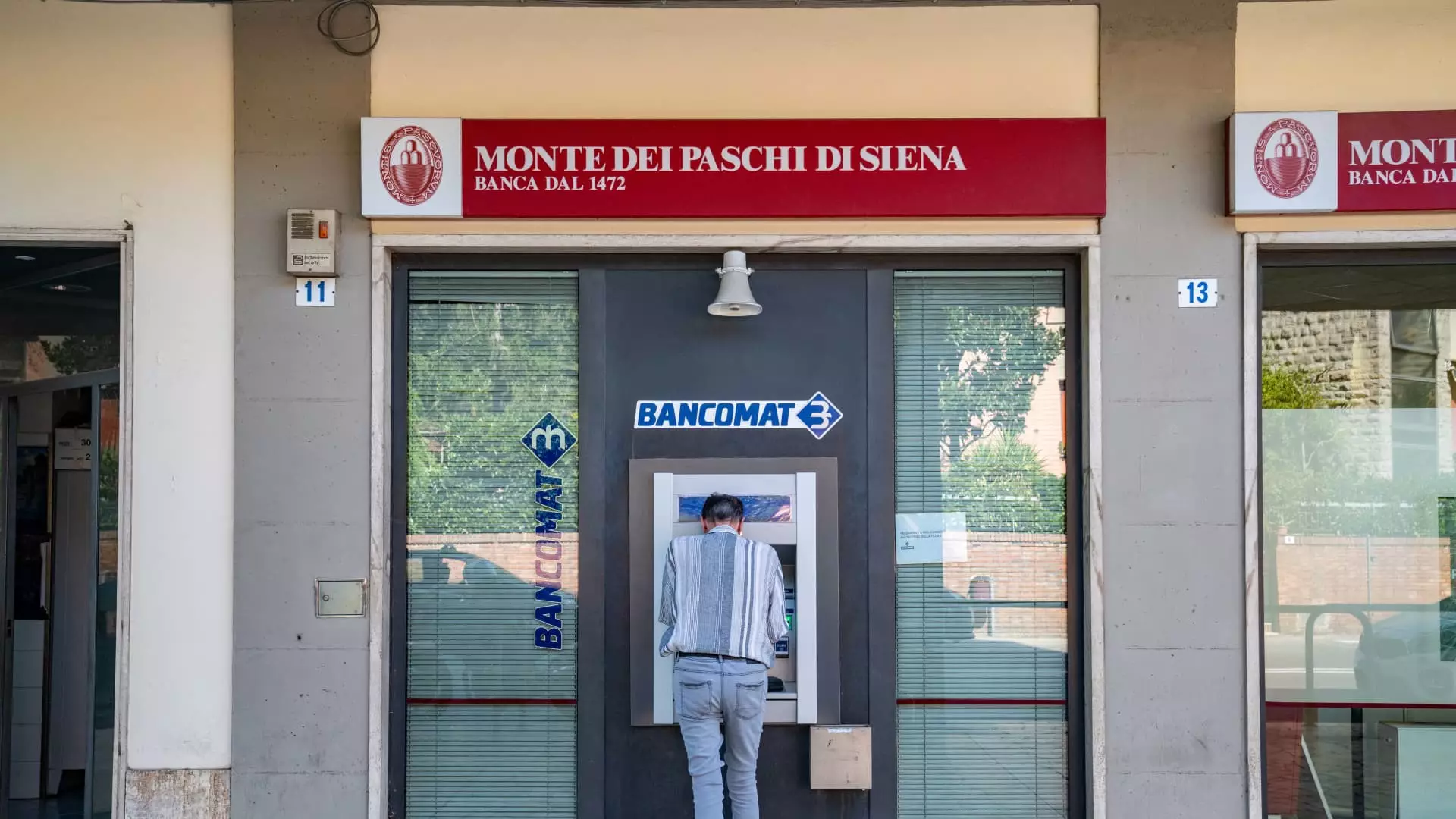The European banking sector has long been in need of a shake-up, and Italy seems to be on the verge of providing just that with a potential surge in mergers and acquisitions, according to analysts. Following a tumultuous period marked by a sovereign debt crisis and the government bailout of Banca Monte dei Paschi (BMPS), the Italian banking industry is now attracting renewed attention. The rehabilitation of BMPS, the substantial excess capital held by UniCredit, and the Italian government’s new industrial agenda are all contributing factors that suggest a wave of consolidation may be on the horizon.
UniCredit, one of Italy’s largest banks, has been impressing investors with strong quarterly profits and significant capital reserves. With earnings of 8.6 billion euros last year, representing a 54% year-on-year increase, UniCredit has been able to reward shareholders through share buybacks and dividends. On the other hand, BMPS, which was rescued in 2017 with a 4 billion euro bailout, is now required to return to private ownership under an agreement with European regulators and the Italian government.
Despite recent consolidation efforts in the Italian banking sector, including mergers between Intesa-Ubi, BPER-Carige, and Banco-Bpm, there are still a large number of banks operating independently in the market. According to Nicola De Caro of Morningstar, domestic consolidation is more likely than cross-border mergers due to structural barriers. UniCredit, BMPS, and other medium-sized banks are seen as potential players in future consolidation efforts.
Analysts have highlighted the potential for M&A activity in the Italian banking sector, with UniCredit and BMPS both being mentioned as possible participants. However, there are challenges to be overcome, with Paola Sabbione of Barclays noting that any merger would need to meet high standards. Additionally, European officials, such as French President Emmanuel Macron, have stressed the need for larger and more profitable banks in Europe.
While there is momentum towards consolidation in the European banking sector, there are differences between countries. For example, Spain has already undergone significant consolidation following the Global Financial Crisis, while Italy’s banking market remains fragmented. Despite the calls for larger banks, there is still some skepticism about the feasibility of mega deals, as evidenced by the Spanish government’s opposition to BBVA’s bid for Sabadell.
The Italian banking sector appears to be on the cusp of a period of consolidation driven by factors such as excess capital, regulatory requirements, and market conditions. While there is potential for significant changes in the industry, the high standards and challenges involved in M&A activities suggest that any consolidation will need to be carefully considered. Italy’s unique market dynamics, combined with wider European trends, will play a crucial role in shaping the future of the banking sector in the region.

Leave a Reply